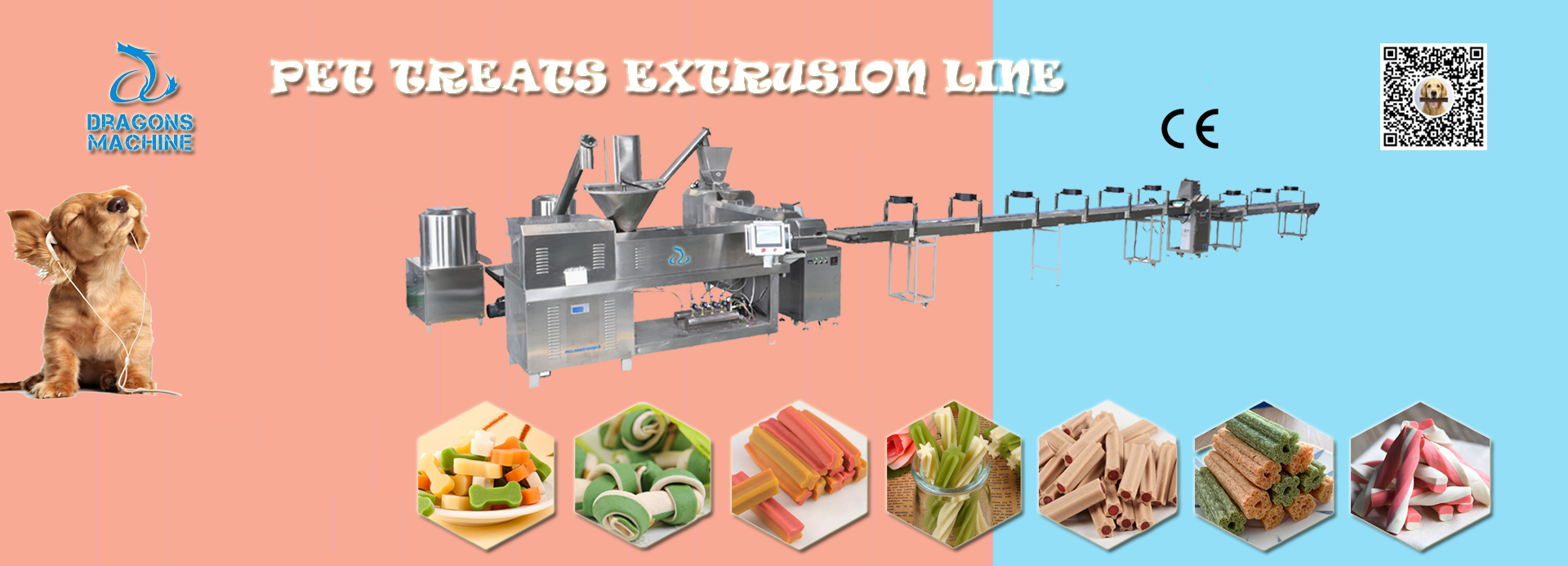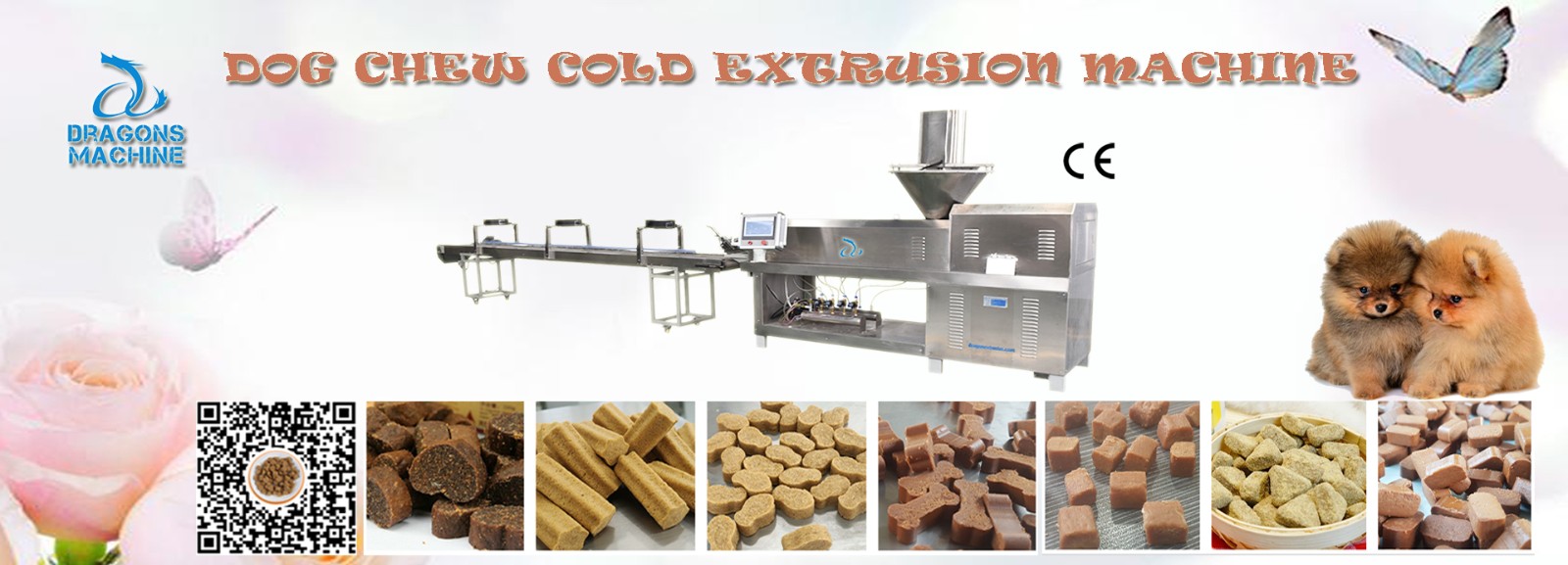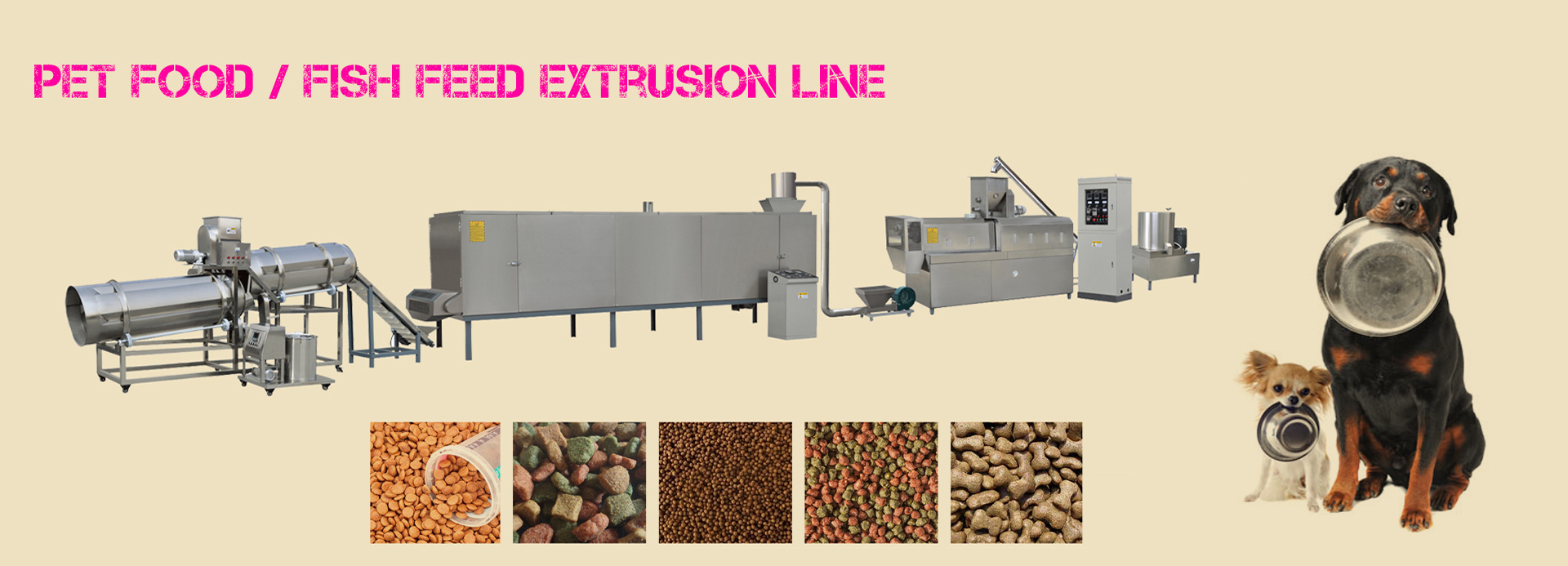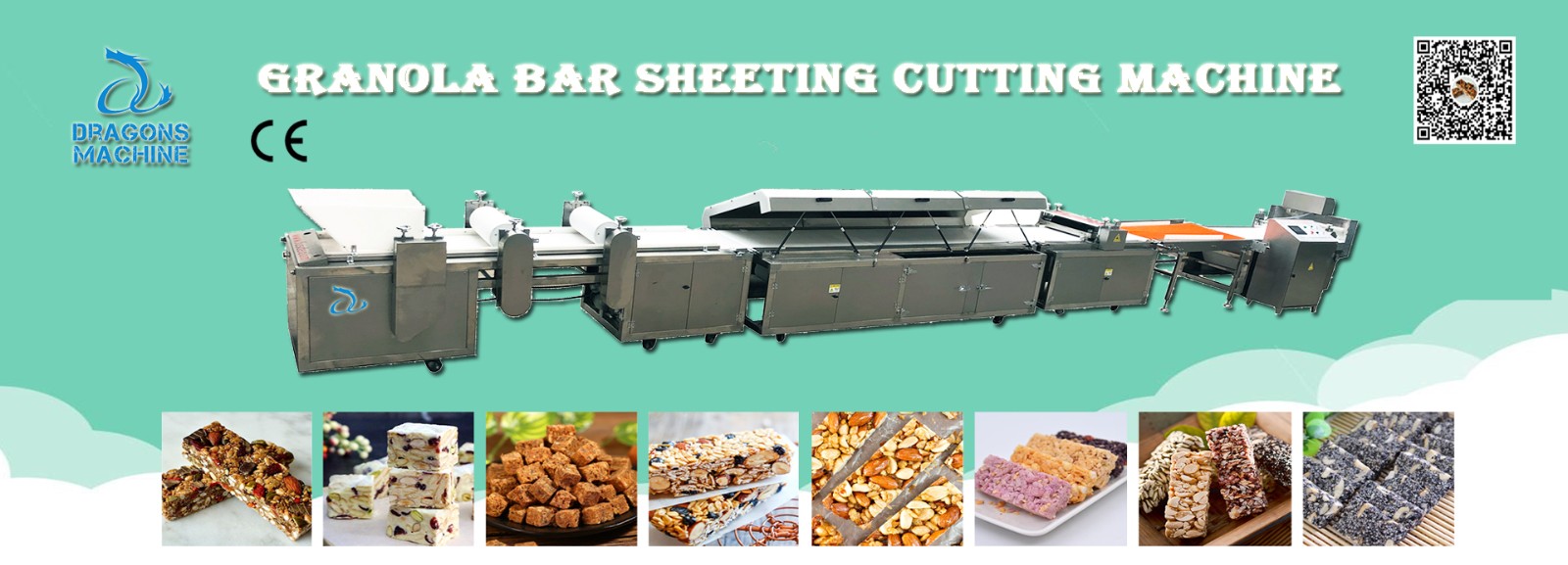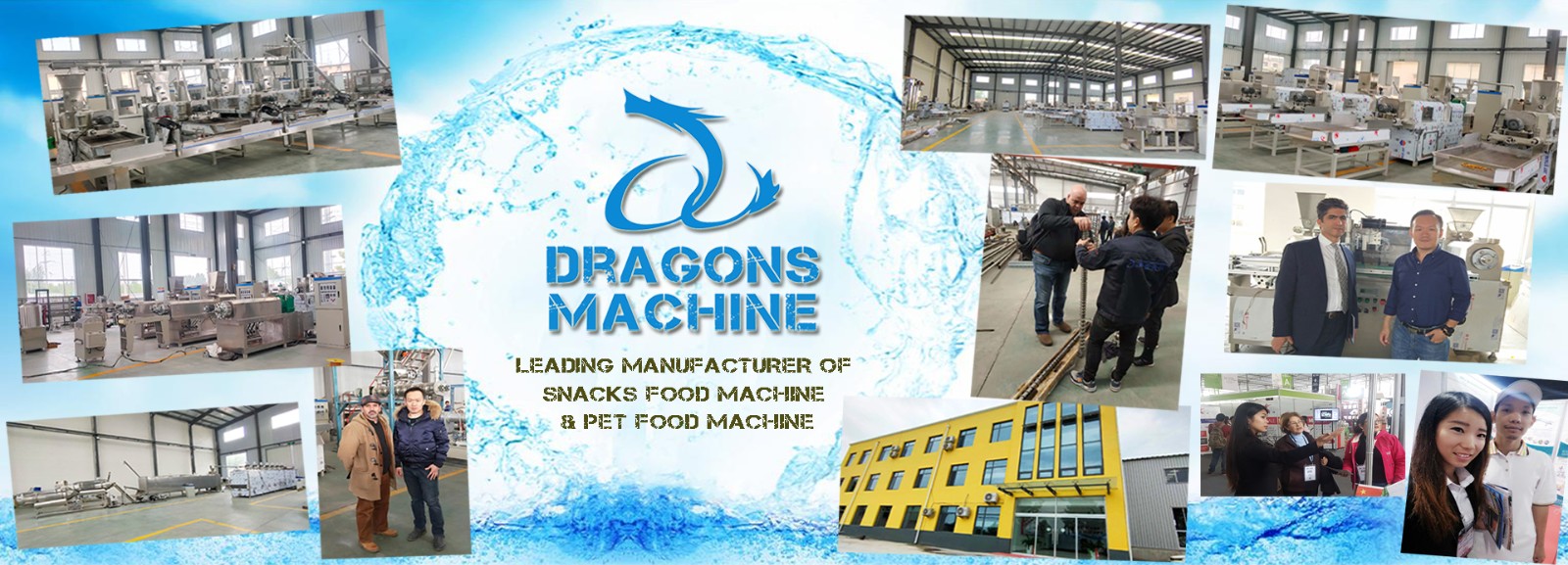The evolution of pasta production has been marked by technological innovations that combine precision, efficiency, and consistency. At the forefront of this transformation is the automatic macaroni pasta production line—an amalgamation of advanced machinery, smart controls, and streamlined processes. In this article, we delve into the remarkable features that define an automatic macaroni pasta production line, uncovering how these systems elevate pasta production to new heights of excellence.
Key Features of an Automatic Macaroni Pasta Production Line:
1. Automated Dough Mixing:
Automatic pasta production lines commence with the automated mixing of pasta dough. High-capacity mixers blend ingredients—such as semolina flour, water, and sometimes eggs—with precision. This consistent mixing ensures uniform dough texture, a fundamental element for producing quality pasta.
2. Advanced Extrusion Mechanism:
At the heart of the automatic production line lies the extrusion mechanism. Automated hoppers receive the dough and convey it to the extruder, which features augers and shaping dies. These components work in harmony to shape the dough into specific pasta forms, achieving uniformity and consistency.
3. Interchangeable Shaping Dies:
A hallmark of versatility in automatic macaroni pasta production lines is the use of interchangeable shaping dies. These dies are tailored to create diverse pasta shapes, from classic tubes to intricate spirals. Switching between shaping dies enables producers to offer a wide range of pasta varieties with ease.
4. Integrated Cutting Mechanism:
Some automatic lines incorporate an integrated cutting mechanism that precisely cuts the extruded pasta into desired lengths or shapes. This enhances efficiency by eliminating the need for a separate cutting process.
5. Efficient Drying Systems:
Efficient drying is crucial for preserving pasta quality. Automatic production lines often feature advanced drying systems that maintain controlled temperature and airflow. These systems ensure even drying, reducing moisture content and enhancing shelf life.
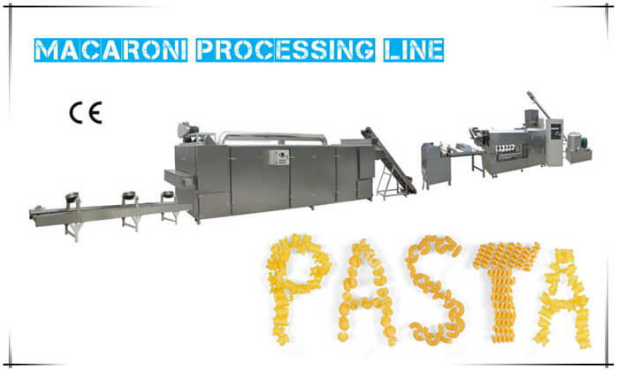
6. Smart Control Systems:
Smart control systems are a defining feature of modern automatic pasta production lines. These systems enable operators to monitor and adjust various parameters, such as extrusion speed, shaping die selection, and drying conditions. Remote access and data analytics enhance production efficiency and quality control.
7. Quality Inspection and Sorting:
Automated pasta lines incorporate quality inspection mechanisms such as cameras and sensors. These devices monitor color, texture, and shape, identifying any deviations from the desired specifications. Pasta that does not meet quality standards is sorted out, ensuring that only premium products reach packaging.
8. Precision Packaging:
Automatic macaroni pasta production lines seamlessly integrate precision packaging mechanisms. Automated weighing, filling, and sealing systems ensure that each package contains the correct amount of pasta, maintaining uniformity across products.
9. Customization Options:
Advanced production lines offer customization options to meet evolving consumer preferences. Producers can integrate enrichments like whole grains, herbs, or vegetable extracts into the pasta dough, creating unique flavor profiles and enhancing nutritional value.
10. Industry 4.0 Integration:
Embracing Industry 4.0 principles, some automatic production lines feature connectivity and data-driven insights. Real-time monitoring, predictive maintenance, and optimization of production processes contribute to enhanced efficiency and reduced downtime.
11. Hygiene and Safety Features:
Automatic pasta production lines prioritize hygiene and safety. Easy-to-clean surfaces, food-grade materials, and safety interlocks contribute to a hygienic and secure production environment.
12. Energy Efficiency and Sustainability:
Environmental considerations are increasingly important. Energy-efficient components and practices, along with reduced waste generation, align with sustainability goals.
Benefits of Automatic Macaroni Pasta Production Lines:
1. Consistency: Automatic lines ensure consistent pasta quality, shape, and texture, meeting consumer expectations with every batch.
2. Efficiency: Automated processes streamline production, optimizing resource utilization and minimizing human intervention.
3. Versatility: The ability to switch shaping dies and incorporate enrichments enhances product variety and customization.
4. Quality Assurance: Automated quality control mechanisms uphold product quality and reduce waste.
5. Data-Driven Insights: Industry 4.0 integration provides actionable insights for process optimization and predictive maintenance.
6. Sustainability: Energy-efficient components and reduced waste align with sustainability initiatives.
Conclusion:
Automatic macaroni pasta production lines epitomize the fusion of culinary tradition and technological advancement. These systems combine precision, versatility, and efficiency to consistently produce pasta that delights palates around the world. From automated mixing to smart control systems, each feature contributes to elevating pasta production to a realm of excellence, ensuring that every plate of pasta carries the legacy of innovation and taste.
If you want to know more information about Automatic macaroni pasta production line, please contact us. We will provide professional answers.
Explore [The Insider's Views](https://www.dragonextruder.com/contact-us/).















